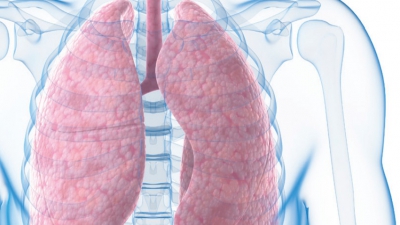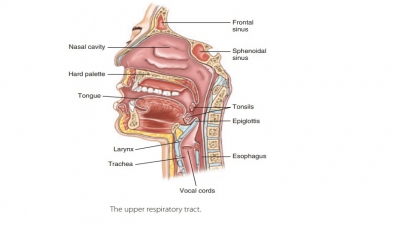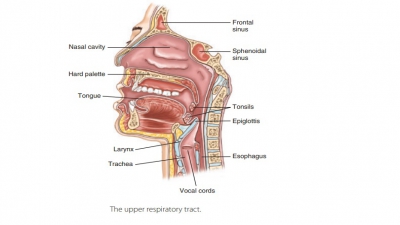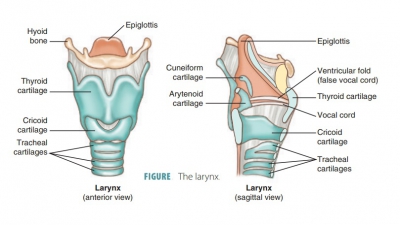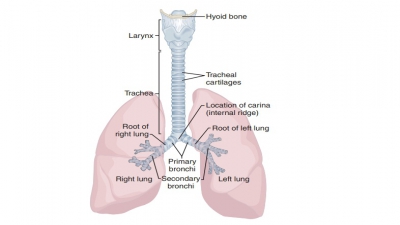Summary
| Home | | Anatomy and Physiology | | Anatomy and Physiology Health Education (APHE) |Chapter: Anatomy and Physiology for Health Professionals: Lymphatic System and Immunity
The lymphatic system is related very closely to the cardiovascular system.
Summary
The lymphatic system is related very closely to the
cardiovascular system. It transports excess tissue fluid to the bloodstream. It
also absorbs fats and helps to defend against disease-causing agents. Lymphoid
cells consist of the T and B lymphocytes, plasma cells, macrophages, dendritic
cells, and reticular cells. Lymphoid tissue dominates nearly all lym-phoid
organs and is mostly composed of reticular connective tissue. Lymph returns protein
molecules to the bloodstream and transports foreign particles to lymph nodes.
Along with the lymph nodes, the thymus and spleen are the predominant organs of
the lymphatic system, along with tonsils, Peyer’s patches, and appendix.
Tissue fluid originates from blood plasma. Lymph forms from
interstitial fluid and is called lymph when it enters the lymphatic vessels.
Lymph moves toward the heart via the lymphatic capillaries and lacteals,
collecting lymphatic vessels, and lymphatic trunks. The lymphatic trunks lead
to two collecting ducts—the thoracic duct and the right lymphatic duct. The
body has defenses that protect it against infection: innate, nonspecific
defenses and adaptive, specific defenses. The adaptive specific defenses are
also known as immunity. T cells and B cells reside in lymphatic tissues and
organs and are vital for the body’s self-protection. Lymphocytes originate in
red bone marrow and are released into the blood. Anti-bodies are gamma globulin
proteins called immu-noglobulins and include five major types: IgG, IgA, IgM,
IgD, and IgE. Naturally acquired immunity arises as a result of natural events,
whereas artificially acquired immunity is caused by a medical procedure. Active
immunity lasts much longer than passive immunity. The presence of allergens in
the body can produce various types of allergies that the body may respond to
either immediately or in a delayed man-ner. Another type of body reaction
concerns rejec-tion of transplanted tissue.
Related Topics

